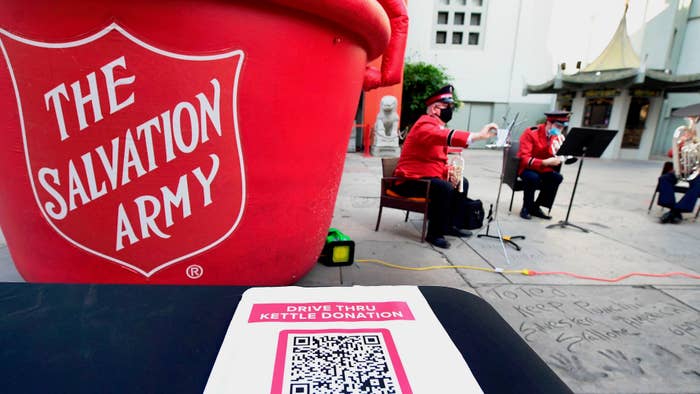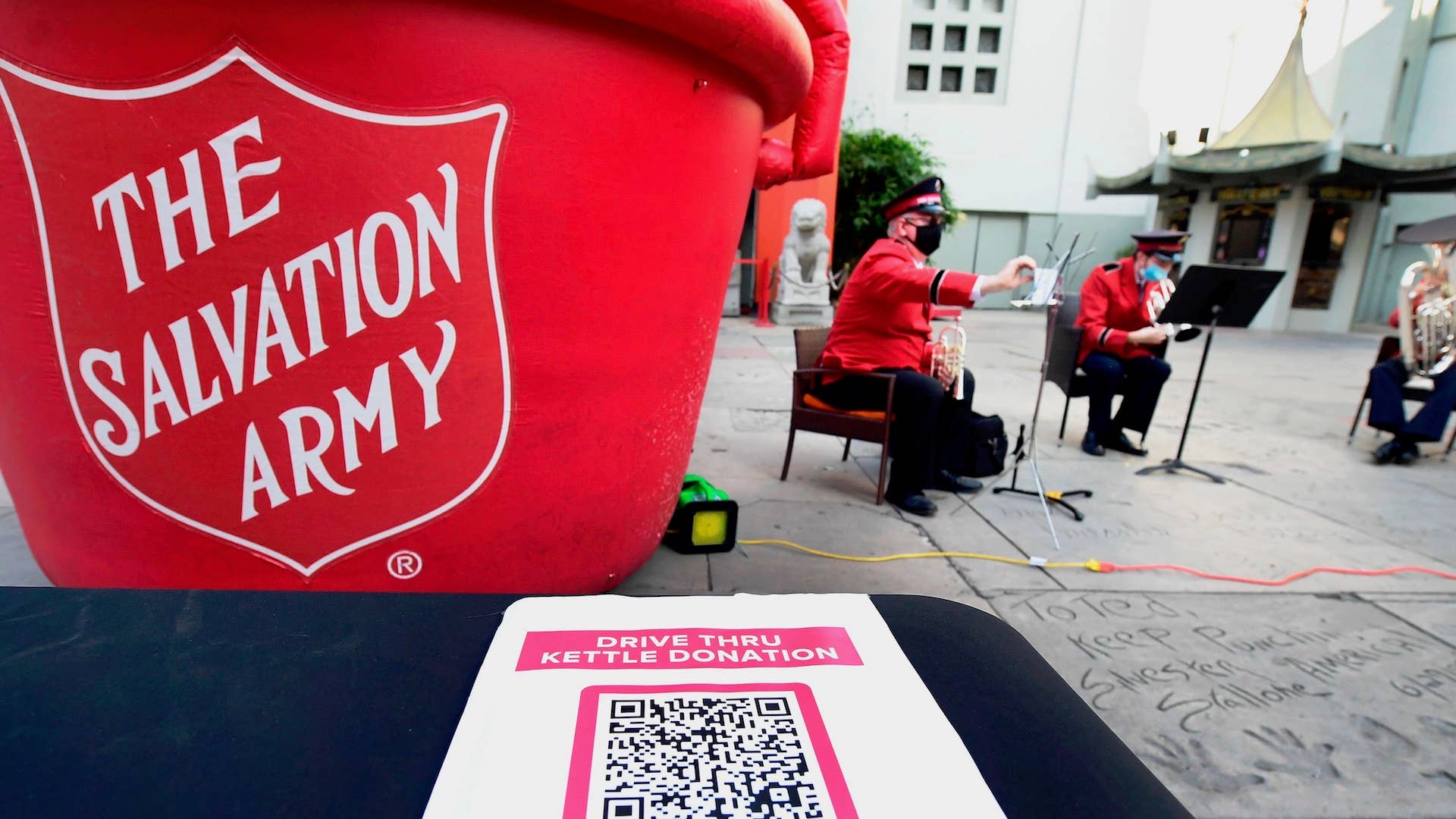
The Salvation Army is being sued over its controversial rehabilitation program.
According to CBS 5, a lawsuit filed in San Francisco Superior Court last Friday argues the charitable organization should properly compensate those who were accepted into its six-month residential program. The Salvation Army website states its drug and alcohol treatment programs provide recovering addicts “housing, food, counseling, community, and employment as we work to treat the symptoms, and ultimately the root causes, of prolonged alcohol and drug dependence.” However, the plaintiffs suggest the “work therapy” element is exploitative, as some participants work full time for the organization and get paid as little as $12 a week.
The lawsuit states workers are often required to complete “physically grueling and sometimes dangerous [tasks], ranging from sorting through mountains of donated clothing and goods to operating heavy machinery in large warehouses to driving large trucks to pick up donated furniture from homes and businesses to working long hours in the Salvation Army kitchen.”
In addition to the small amount of cash, which the Salvation Army refers to as “gratuity,” the workers can also receive a “canteen card” that can only be used at Salvation Army canteens. When added all together, the participants of the program receive much less than the minimum wage; which, according to the lawsuit, is a violation of California’s labor code.
According to the Washington Post, the US Department of Labor had reviewed the Salvation Army’s “work therapy” program and determined it was unlawful and ordered the nonprofit to pay participants a minimum wage. The organization reportedly refused to comply and received support from various Congress members, before the DOL abandoned its efforts.
“We appreciate the good that the Salvation Army has done in the world and the homeless shelters,” Gay Crosthwait Grunfeld and Michael Freeman, two of the lawyers representing the plaintiffs, said Monday. “And we support all efforts to help downtrodden people. But you can do that while paying minimum wage.”

